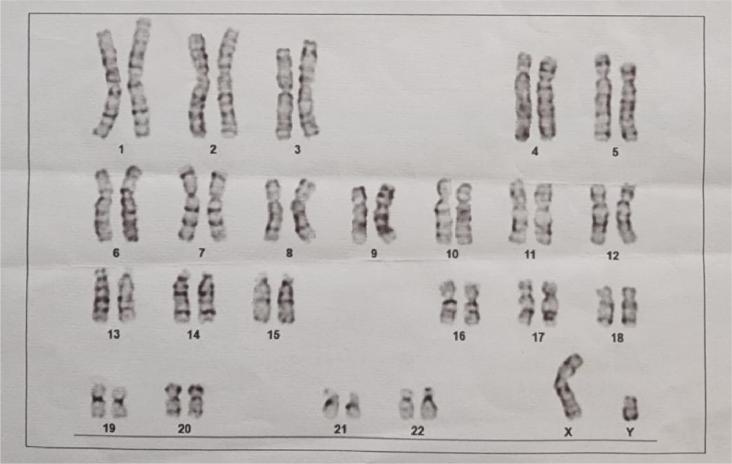Elsevier,
Handbook of Lifespan Cognitive Behavioral Therapy: Childhood, Adolescence, Pregnancy, Adulthood, and Aging, Volume , 1 January 2023
This content aligns with Goal 3: Good Health and Wellbeing and Goal 10: Reduced Inequalities by discussing the application of cognitive behavior therapy, an evidence-based psychological approach in adolescents suffering from Asperger syndrome with comorbid depressive disorder.
This content aligns with Goal 3: Good Health and Wellbeing and Goal 10: Reduced Inequalities by providing evidence that environmental factors influence individual risk and/or severity of autism spectrum disorders.
This content aligns with Goal 3: Good Health and Wellbeing and Goal 10: Reduced Inequalities by presenting ASD as a complex, multisystem neurodevelopmental condition with origins in prenatal life.
Advocates and justifies a specific maritime policy that would protect marine biodiversity in the Mediterranean.
This article ties to SDG 3. In the present study psychotherapy readiness domains as predictors of psychotherapy outcome in trauma-affected refugees was examined.

Kallmann syndrome (KS) is a rare genetic disorder that refers to the association between hypogonadotropic hypogonadism and anosmia or hyposmia due to abnormal migration of olfactory axons and gonadotropin-releasing hormone-producing neurons.
This article supports SDG's 3, 6, and 11 by illustrating the reduction of pollutants using various microbial techniques. Strategy and recommendations are summarized, along with the future prospects.
This content supports the SDG Goal 3: Good health and well-being by formulating an epidemiological mathematical model that demonstrates the transmission of the hepatitis B virus for use in research.
This Article supports Sustainable Development Goal 3 by examining whether psychological intervention for anxiety disorders is associated with a lower incidence of dementia. The results suggest that improvement in anxiety from these therapies was associated with reduced incidence of future dementia.
This article is NeuroView on blood-based biomarkers for AD and deployment in diverse settings

